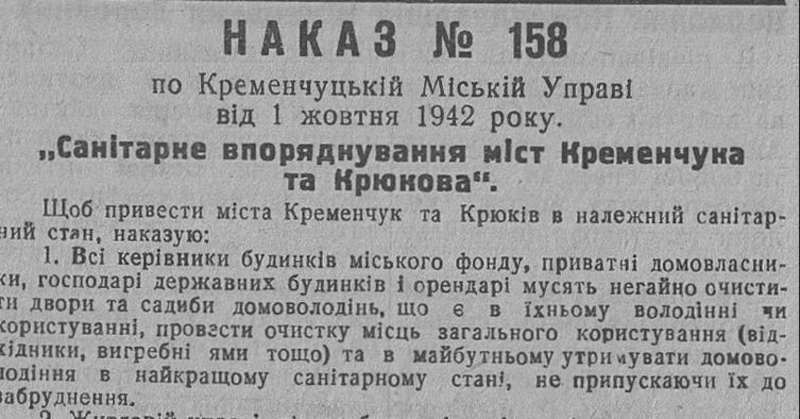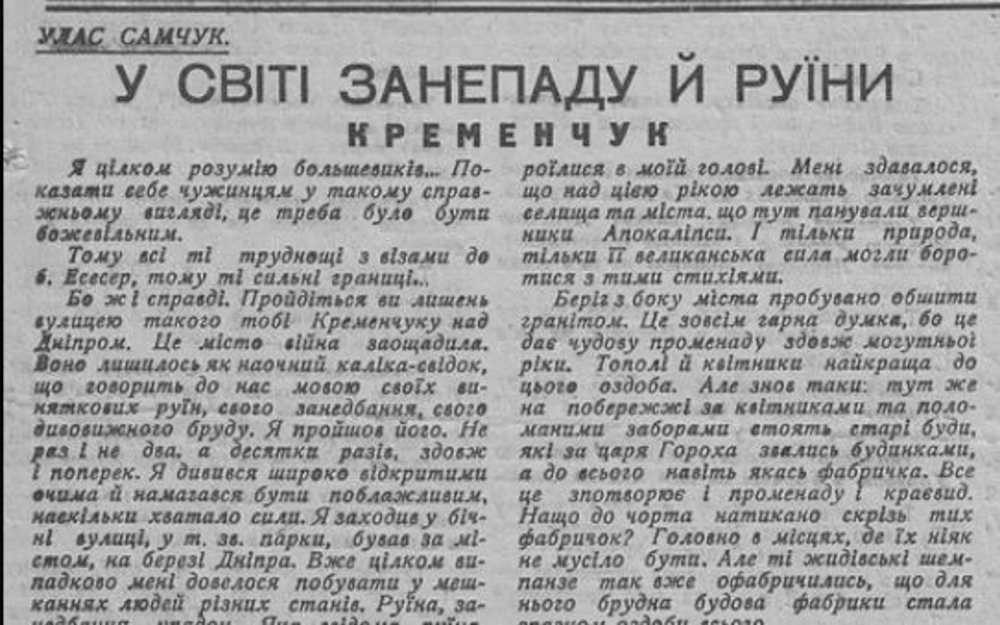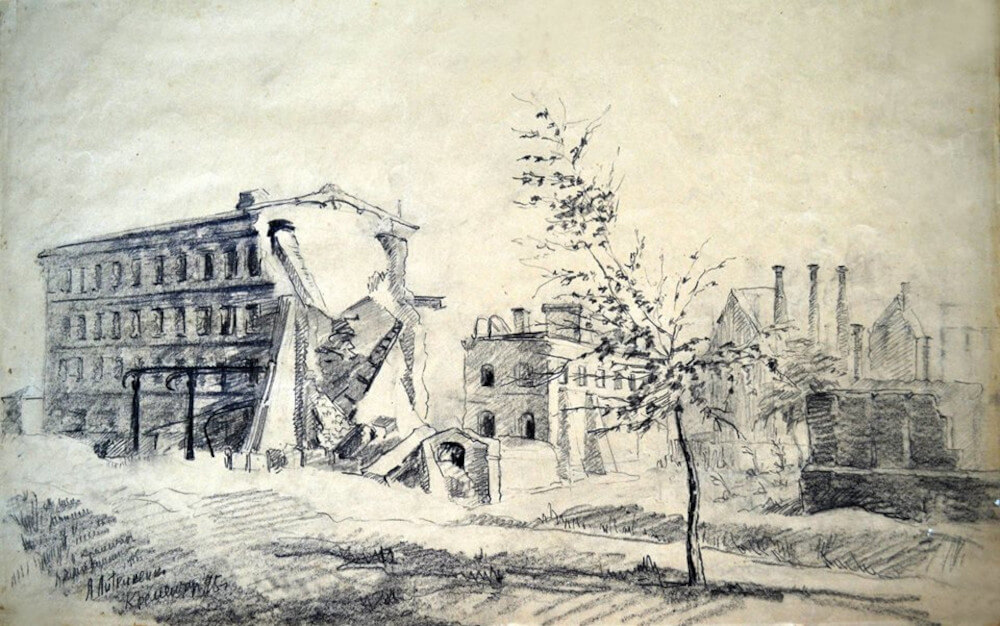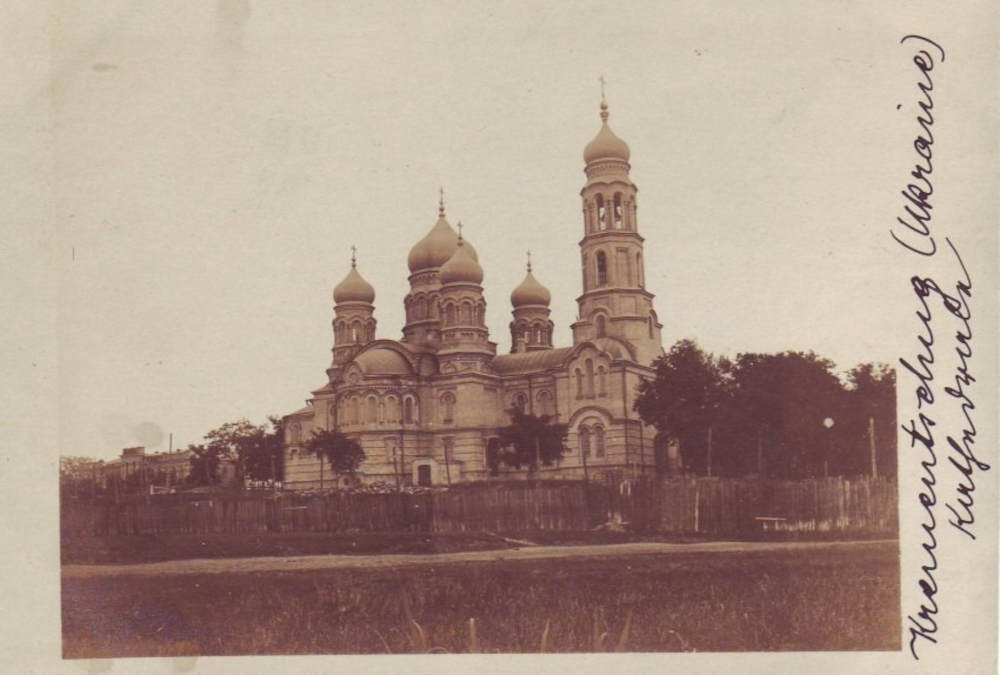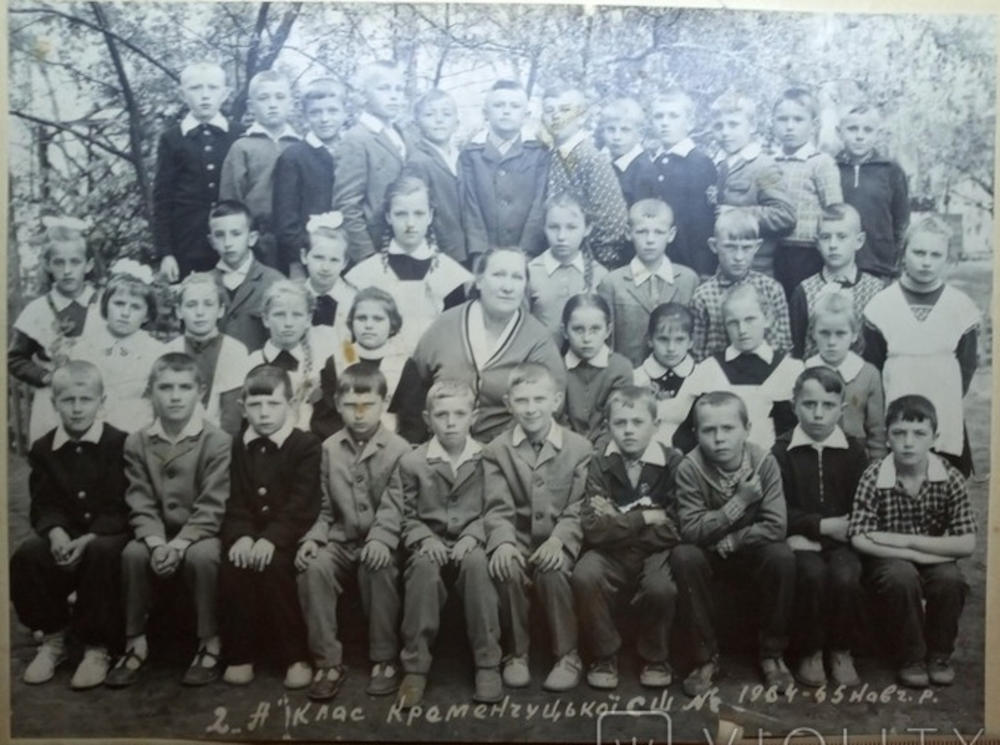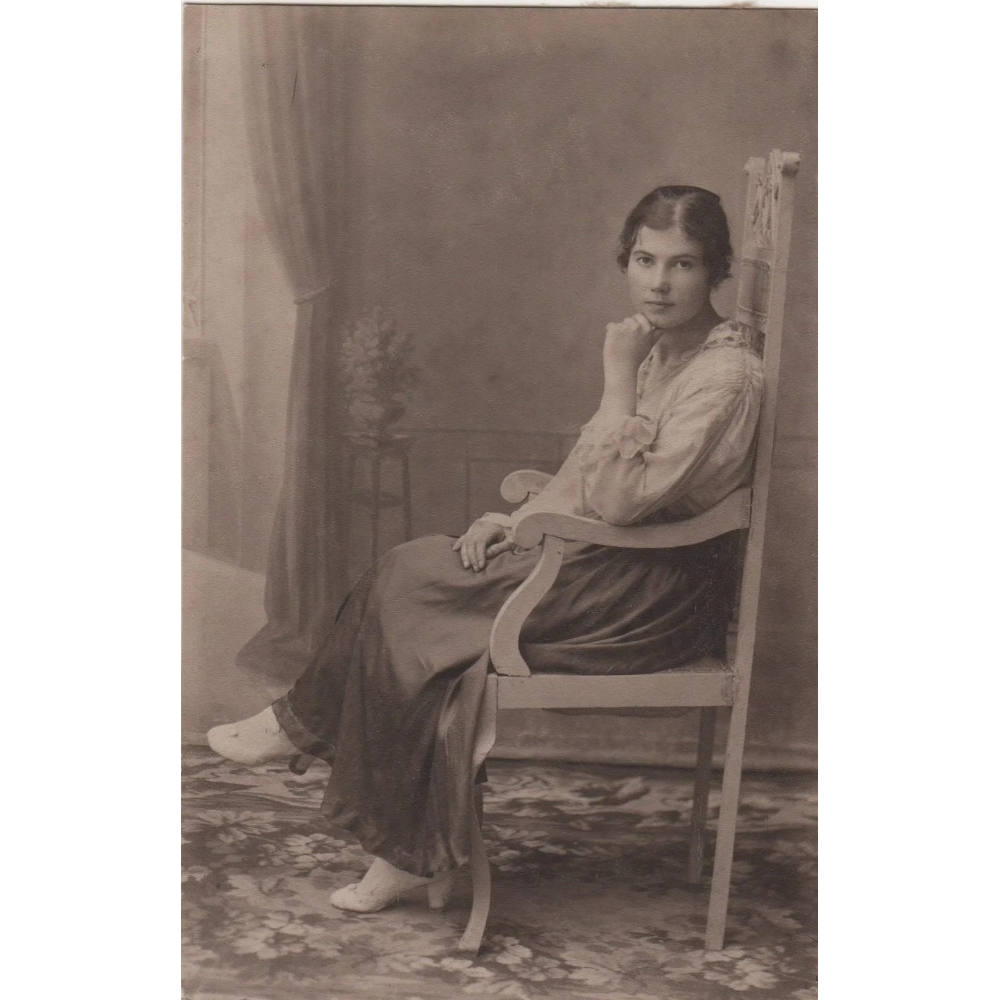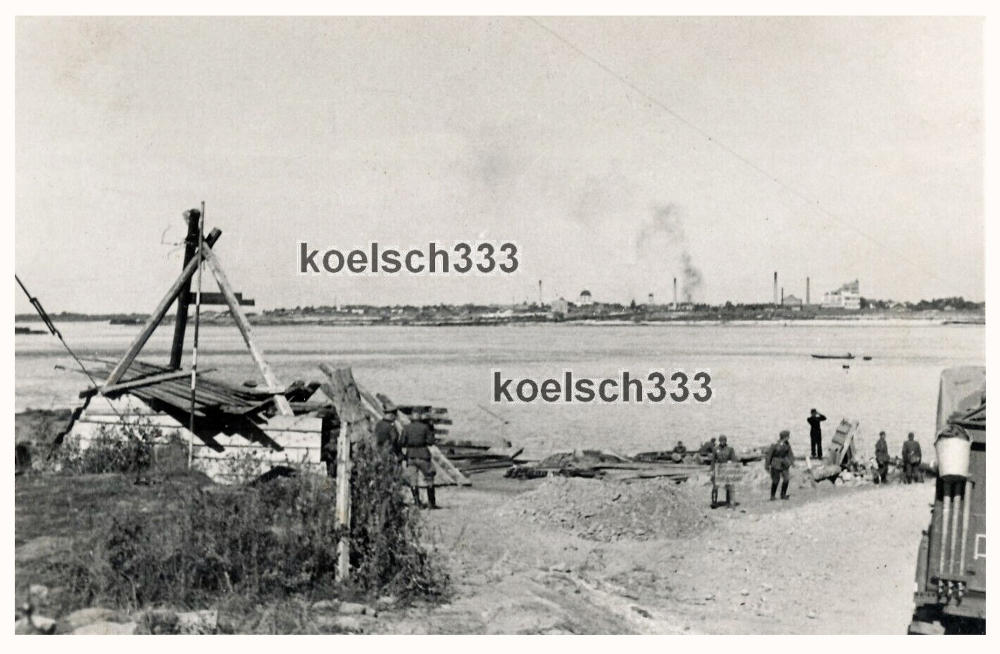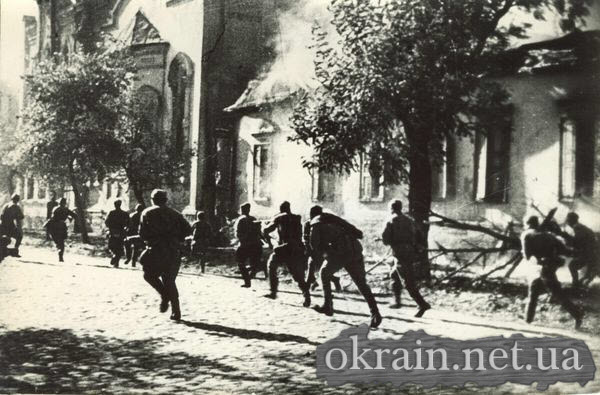
I served almost the entire war in one unit. The names changed: evacuation hospital, field mobile, therapeutic field mobile, but the number remained the same: 2031. The hospital was our home, our family. The war deprived us 18-year-olds of a lot but taught us a lot. About those old, but unforgettable days on the page of my diary.
December 1943, Kremenchuk.
German planes flew in yesterday. The anti-aircraft guns roar. We are in the wagons, lying on the bunk. An orderly is warming up near the stove-potbelly stove. Bombs are exploding somewhere. One, the other, the third… Lanterns were hung over the city. Light as day. The intermittent rumbling of the aircraft is heard again. New entry of the Junkers.
Kremenchuk is completely destroyed. Entire neighbourhoods are heaps of ruins. There is nowhere to deploy a hospital in the city.
We moved to the right side of the Dnieper – to Kryukov. The hospital was housed in a school, which seems to be the largest building in the city. Broken windows were glazed, rubbish was swept away, and floors were washed. The girls again – for the umpteenth time! – induce hospital comfort.
Nurse Ksenya Savchenko, Nadia Chekmez’s best friend, manages the admission department. New arrivals mistake her for a doctor. She is a master of all trades: she fills out the medical history, changes the clothes of the patients (our hospital is now a therapeutic field hospital), washes them, gives injections, and provides first aid.
But they are also bombing Kryukov. Next to us, soldiers of the bridge-building brigade are building a bridge across the Dnieper. It can be seen that the Germans took aim at this bridge.
They brought in a sergeant. The escort gave me his documents. He said that the sergeant is a hero. With his group, he was the first in their regiment to cross the Dnieper. The lads were soaked to the skin in icy water, climbed ashore and rushed into battle. With bottles of the combustible mixture, the sergeant knocked out two German tanks. Then, in the heat of battle, he did not notice anything. And as soon as help came, he collapsed with a high temperature. And now he’s sick. With parched lips, he whispers something in delirium. Our chief therapist, Mikhail Pavlovich Stepanov, diagnosed me with lobar pneumonia. Both he and his intern, Antonina Nazarovna Davydova, often visit the ward where the sergeant lies …
Sisters and orderlies received badges “Excellent worker of sanitary service” today. The most distinguished are presented with government awards. The photographer came and took pictures of the presentation. The political officer ordered to place them in the wall newspaper (I am the editor).
Here are just some entries from my diary, which I kept in my free time. And they didn’t show up very often. Rereading the diary now, I see that I would have written about something differently. But those old pages are dear to me.
Source: War. People. Pobeda: articles, essays, memoirs. – M.: Politizdat, 1983. – V.2.
Author: A.T. Stroeva
